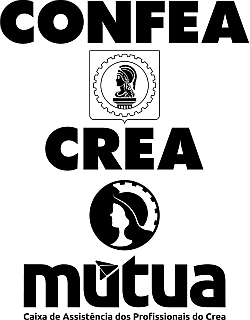Rodoviário, ferroviário ou marítimo de cabotagem? O uso da técnica de preferência declarada para avaliar a intermodalidade no Brasil
DOI:
https://doi.org/10.14295/transportes.v14i2.64Abstract
A modelagem da demanda de transporte de carga no Brasil ainda é pouco difundida, principalmente devido às dificuldades para obtenção de dados acerca do setor. A utilização da Técnica de Preferência Declarada vem consolidando-se como uma ferramenta bastante eficiente para a coleta de dados e posterior utilização em modelos de divisão modal e alocação de demanda. Neste estudo, elaborou-se a partir da Técnica de Preferência Declarada uma metodologia para a modelagem da demanda de cargas de alto valor agregado brasileiras, buscando verificar na opinião de embarcadores, qual a importância relativa de determinados fatores, tais como, tarifa, confiabilidade, tempo, intervalo entre embarques e segurança, quando da escolha dos modos de transporte, rodoviário, ferroviário ou marítimo de cabotagem.
Downloads
Downloads
Published
How to Cite
Issue
Section
License
Authors who submit papers for publication by TRANSPORTES agree to the following terms:
- The authors retain the copyright and grant Transportes the right of first publication of the manuscript, without any financial charge, and waive any other remuneration for its publication by ANPET.
- Upon publication by Transportes, the manuscript is automatically licensed under the Creative Commons License CC BY 4.0 license. This license permits the work to be shared with proper attribution to the authors and its original publication in this journal.
- Authors are authorized to enter into additional separate contracts for the non-exclusive distribution of the version of the manuscript published in this journal (e.g., publishing in an institutional repository or as a book chapter), with recognition of the initial publication in this journal, provided that such a contract does not imply an endorsement of the content of the manuscript or the new medium by ANPET.
- Authors are permitted and encouraged to publish and distribute their work online (e.g., in institutional repositories or on their personal websites) after the editorial process is complete. As Transportes provides open access to all published issues, authors are encouraged to use links to the DOI of their article in these cases.
- Authors guarantee that they have obtained the necessary authorization from their employers for the transfer of rights under this agreement, if these employers hold any copyright over the manuscript. Additionally, authors assume all responsibility for any copyright infringements by these employers, releasing ANPET and Transportes from any responsibility in this regard.
- Authors assume full responsibility for the content of the manuscript, including the necessary and appropriate authorizations for the disclosure of collected data and obtained results, releasing ANPET and Transportes from any responsibility in this regard.









